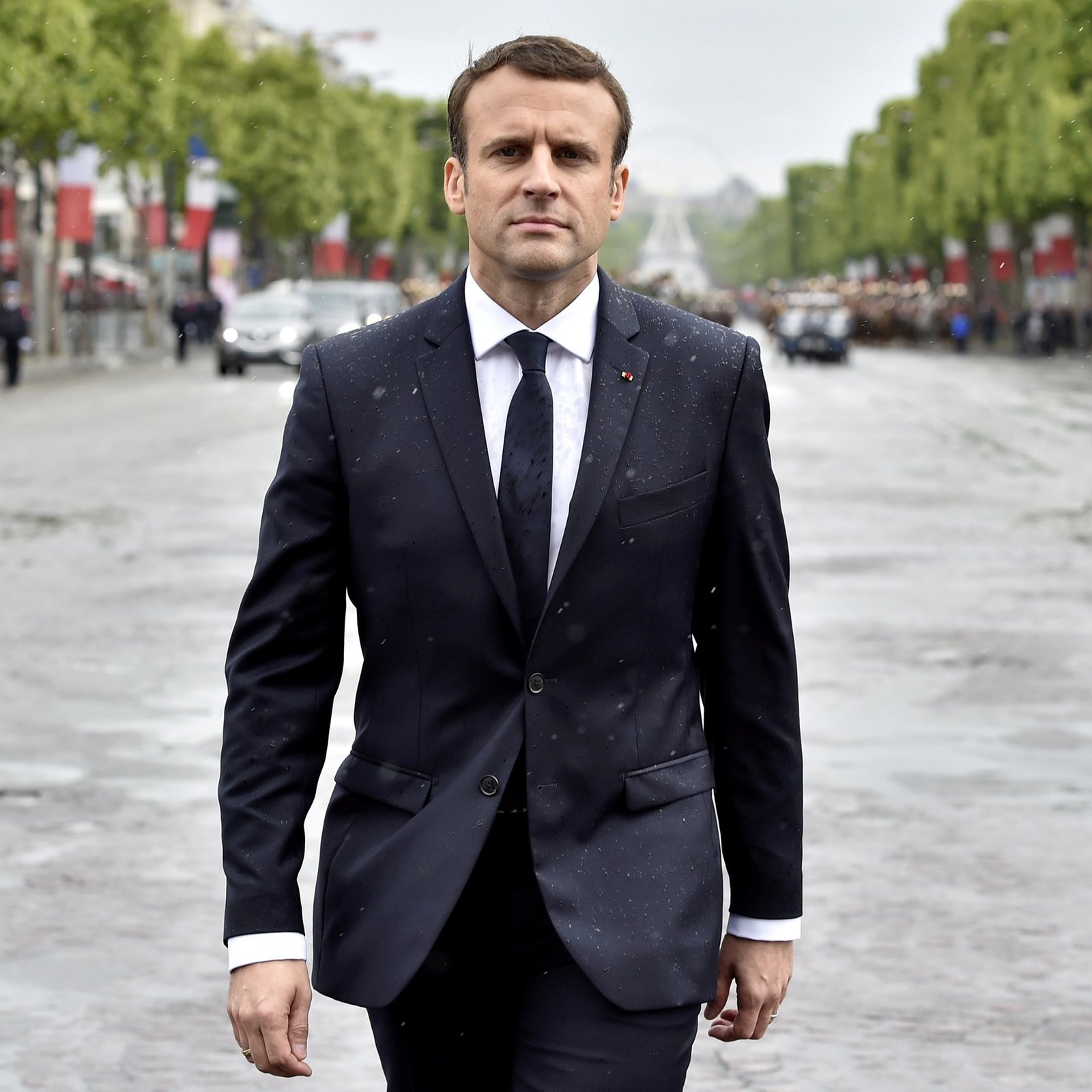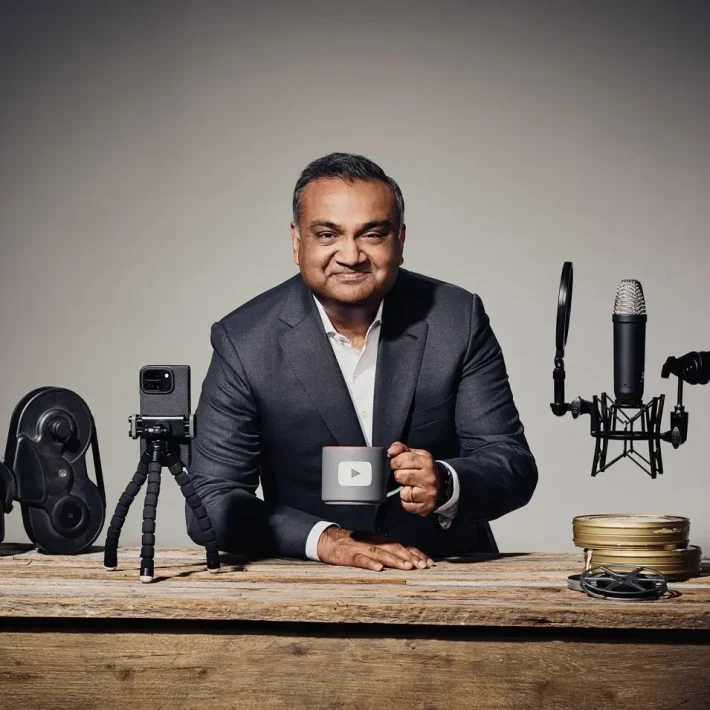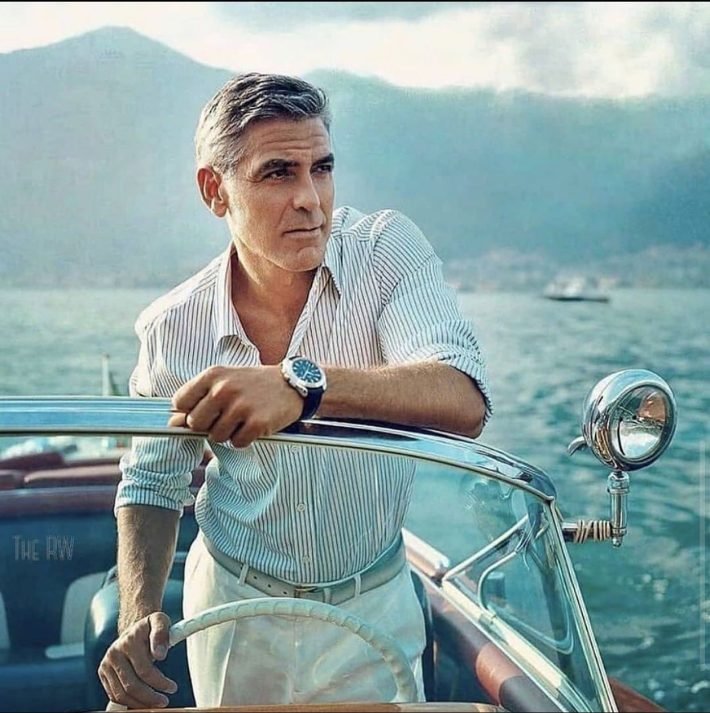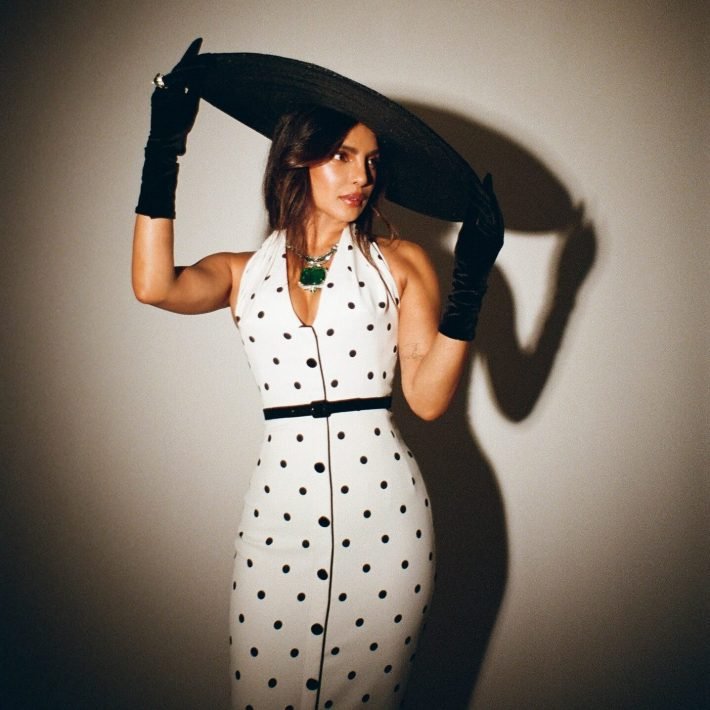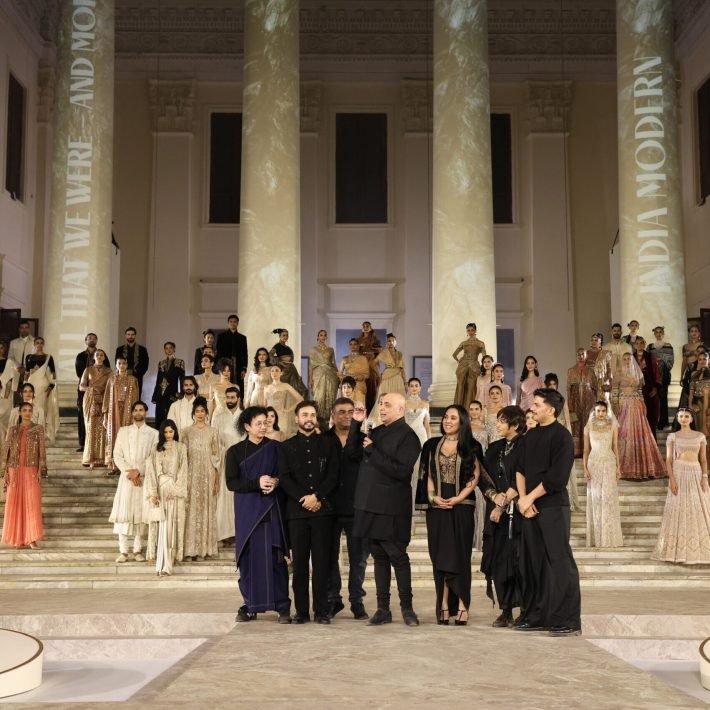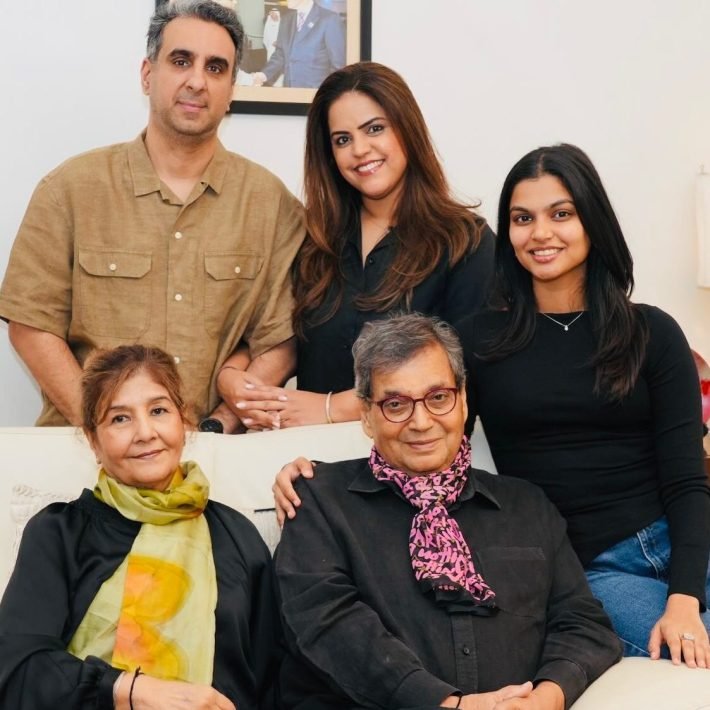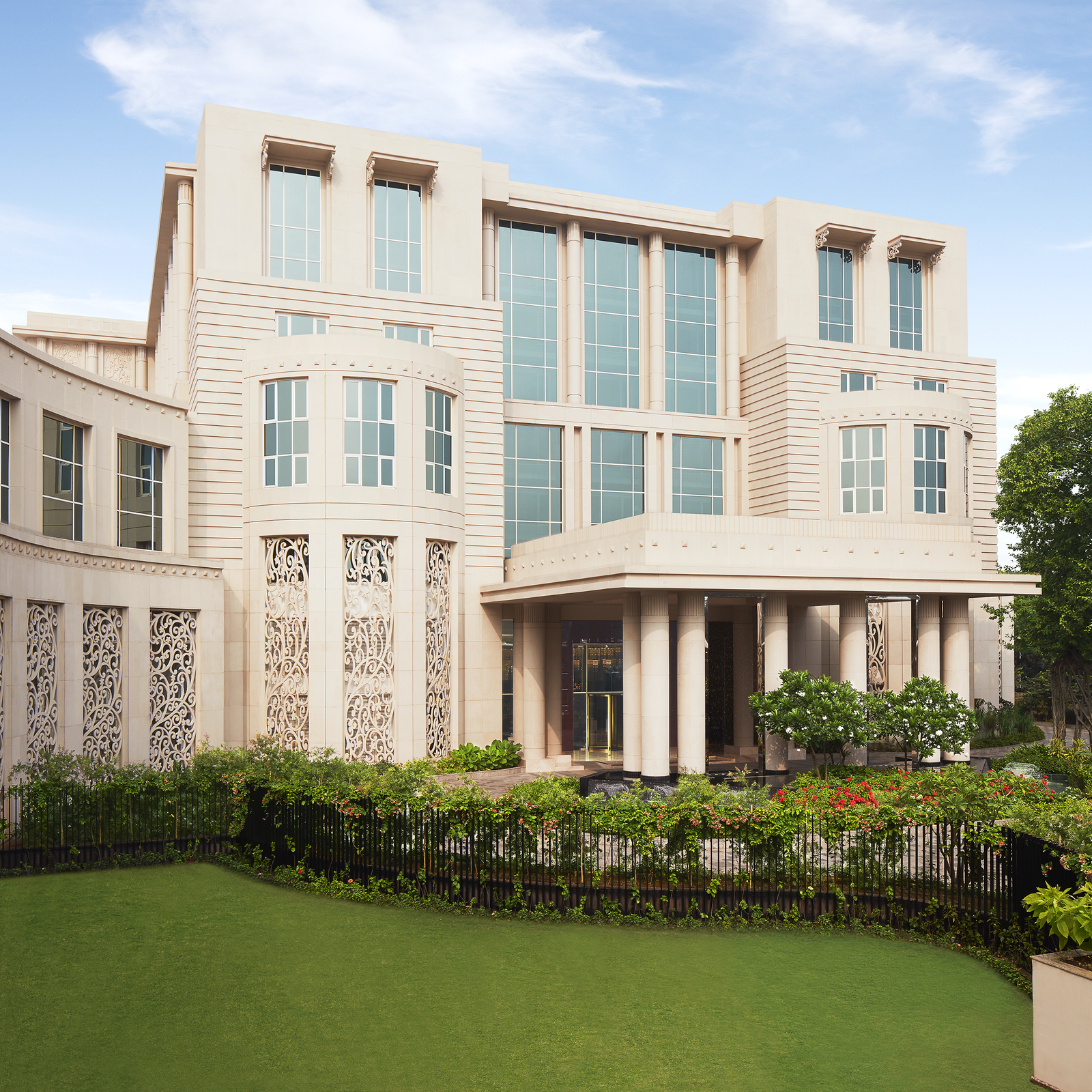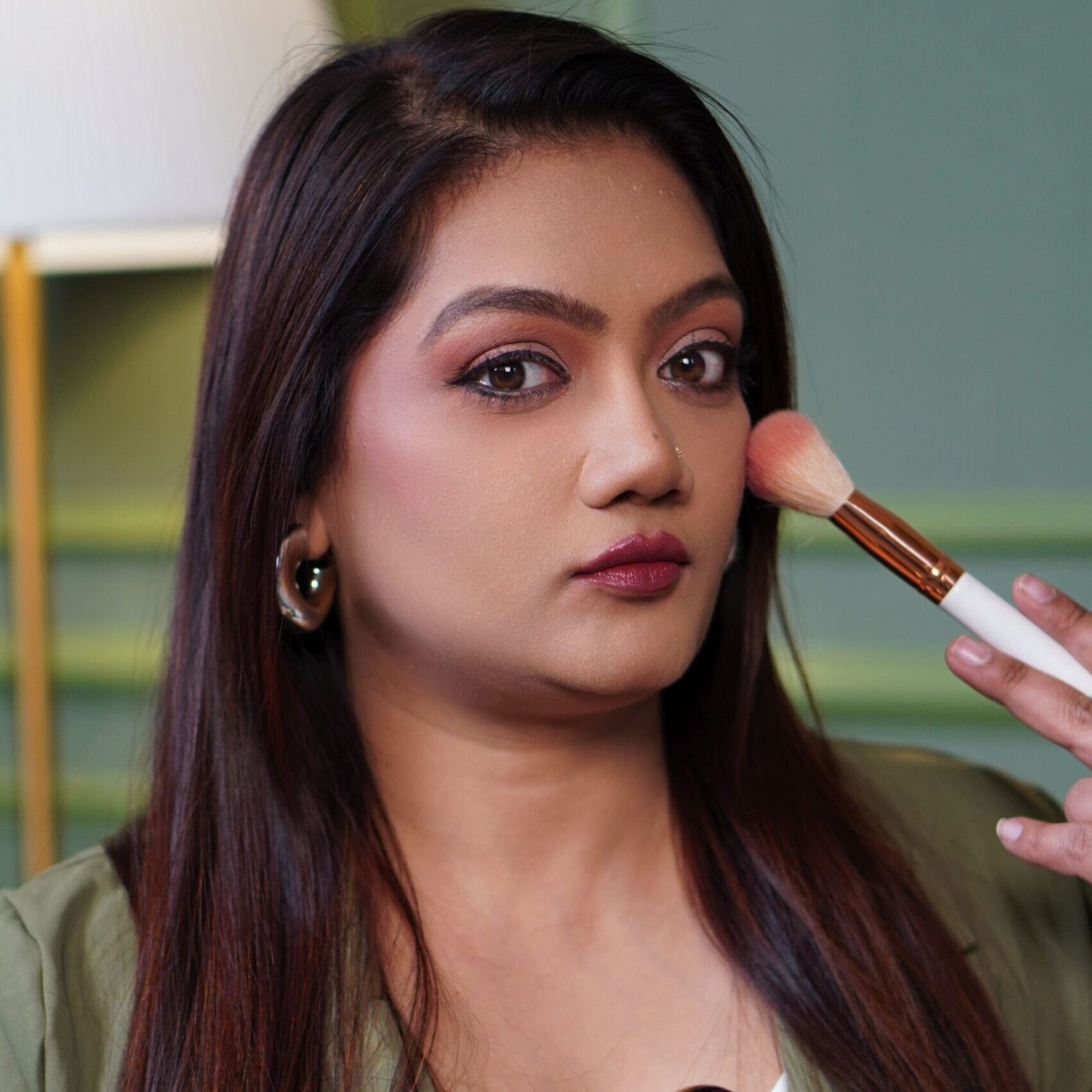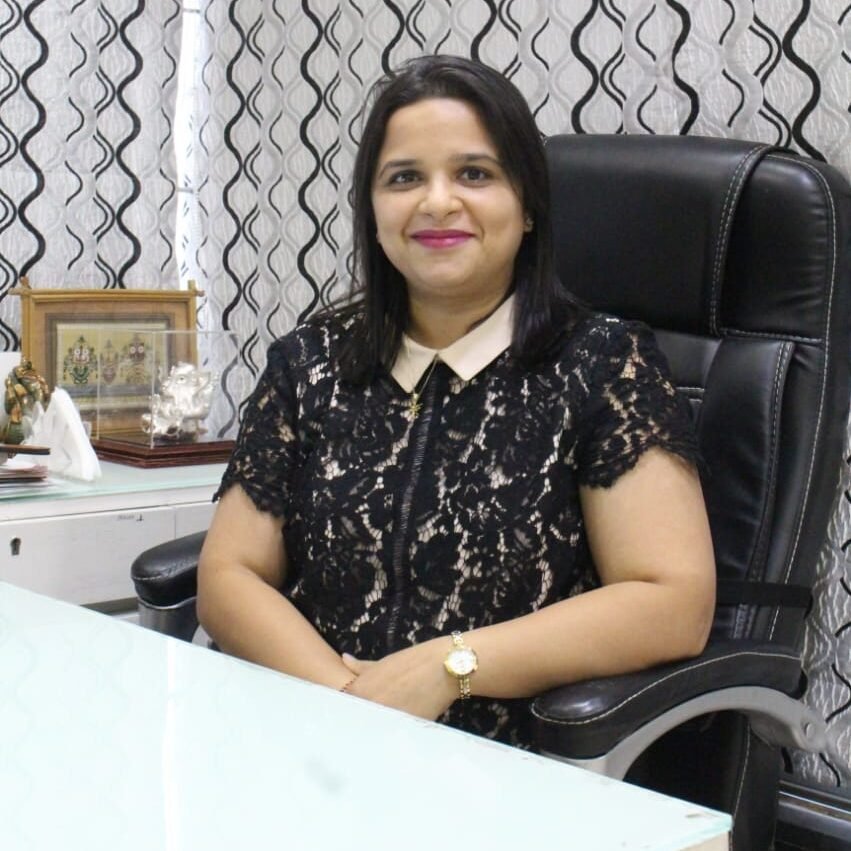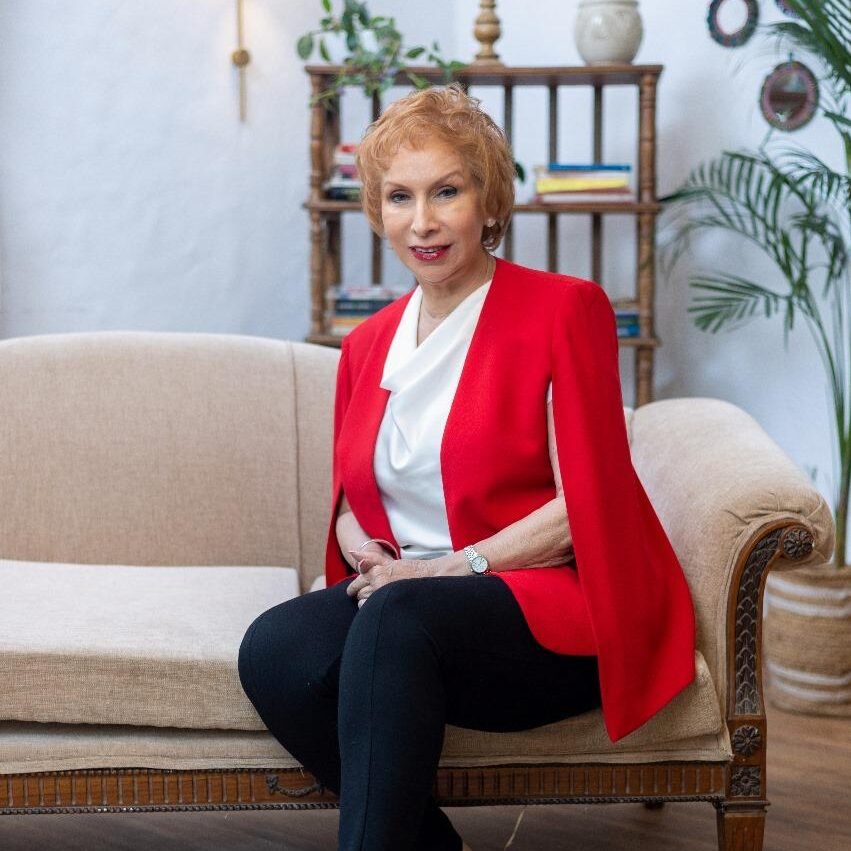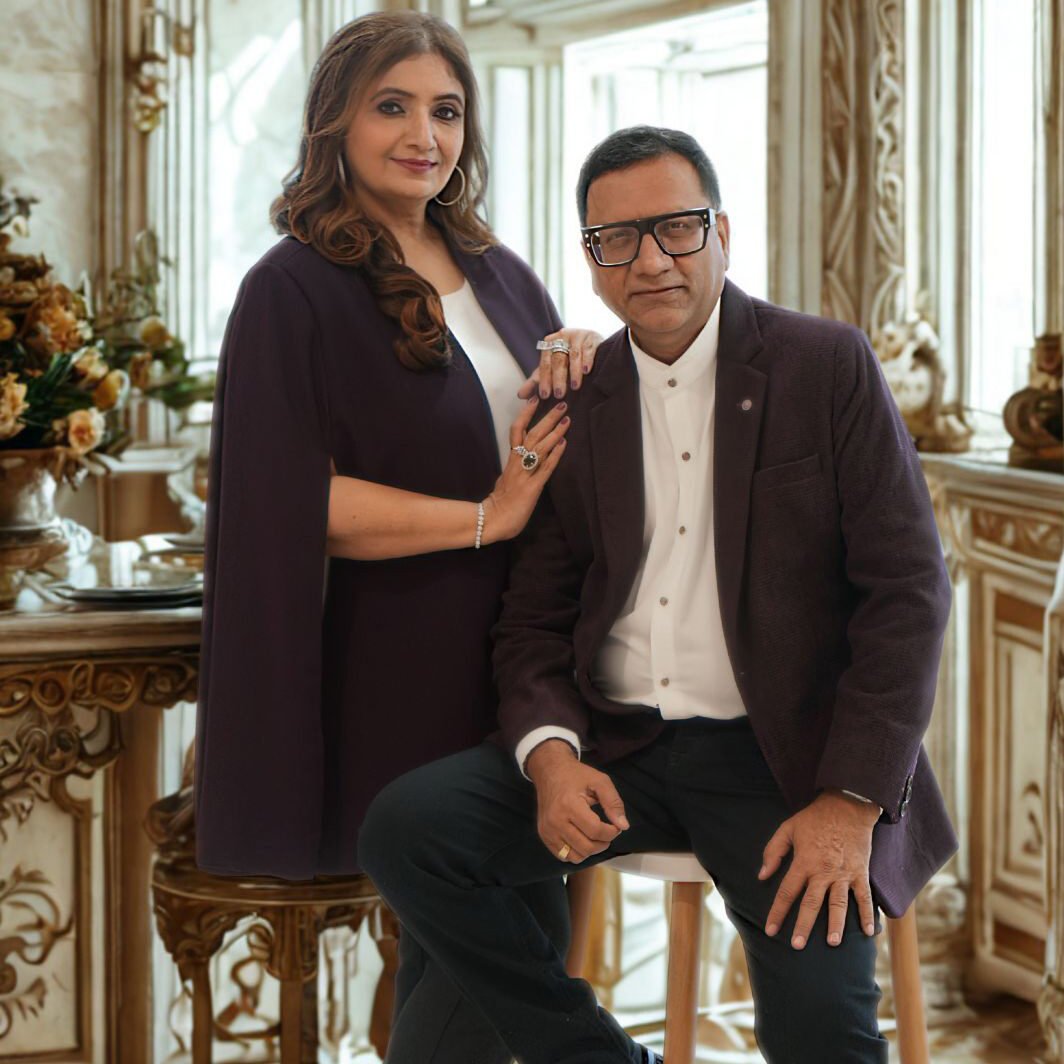Currently in his second term as President of France, Emmanuel Macron has overseen several reforms to the country’s laws, simultaneously emerging as a key world leader known for his diplomatic activism.
By Nichola Marie
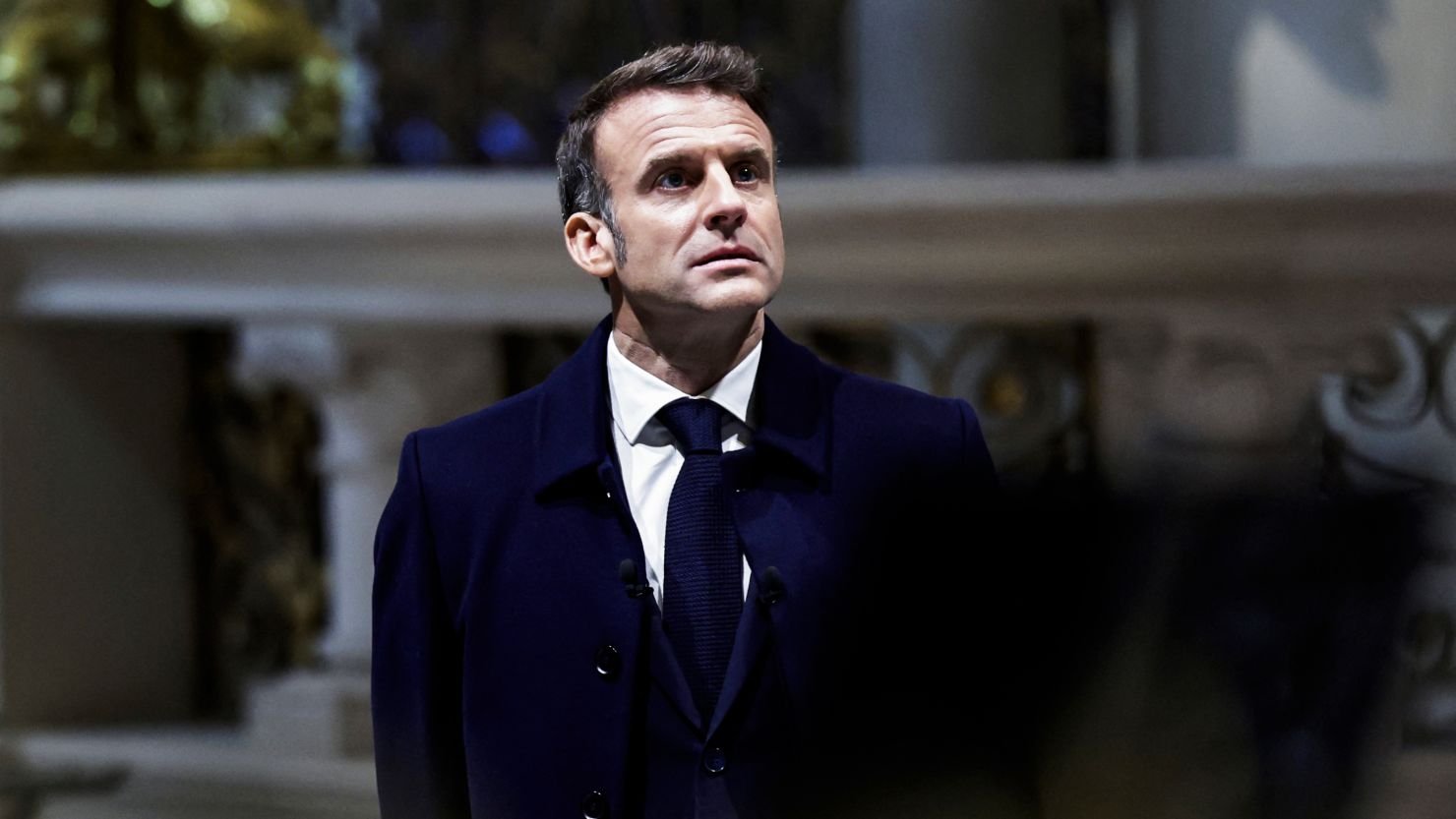
Earlier this month, a joint statement was issued by President Joe Biden of the United States and President Emmanuel Macron of France, announcing a cessation of hostilities between Israel and Lebanon. The announcement will cease the fighting in Lebanon, and secure Israel from the threat of Hezbollah and other terrorist organisations operating from Lebanon, as well as create the conditions to restore lasting calm and allow residents in both countries to return safely to their homes on both sides of the Blue Line, among other positives.

It is no surprise that Macron has been playing a key role in this peace initiative. France’s youngest-ever president is known on the international stage for his ceaseless diplomatic efforts and pro-European initiatives. In recent times, he has been intensely involved in the steps taken by the West to support Ukraine since the country was invaded by Russia in February 2022. He has been spearheading France’s diplomatic efforts with its Arab partners in the Middle East. His vision for the European Union has also seen him encourage the bloc of 27 nations to build a strong defence as well as compete with China and the US by undertaking extensive trade and economic reforms.
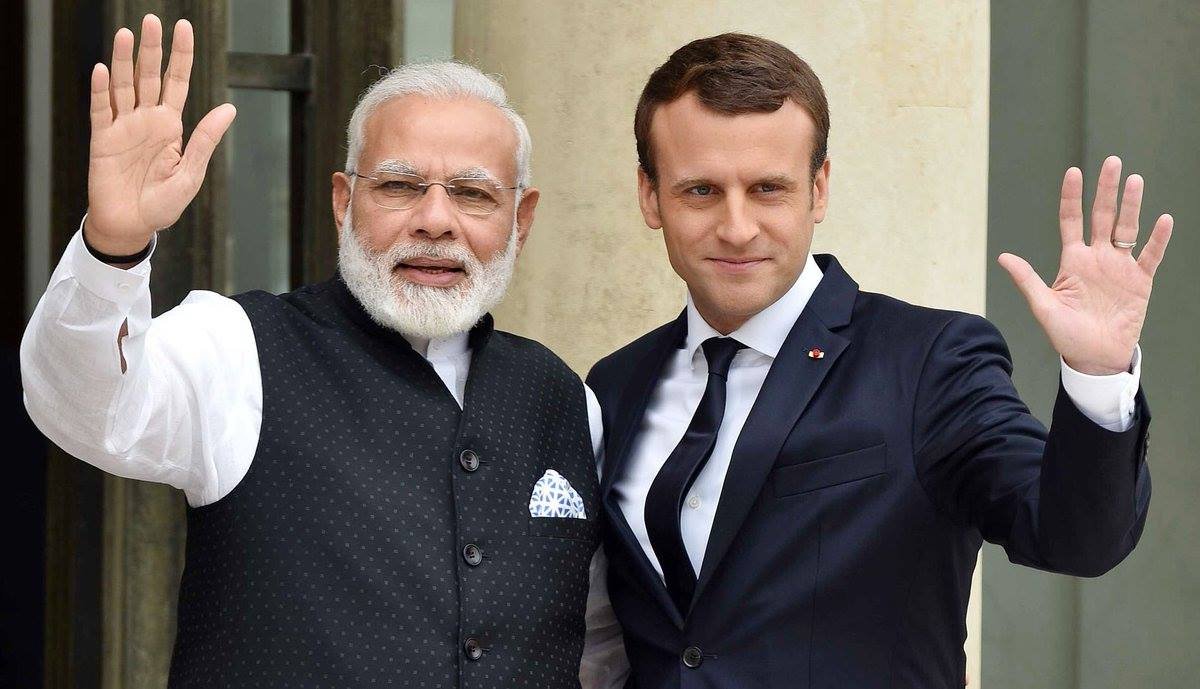
As Macron had stated at the Ambassadors Conference in 2017, “It is up to us, together, to sketch out a new template for civilization, where inequalities and insecurities are contained, where justice is defended and the planet protected, and where culture, creativity and memory are respected.”
Making His Mark
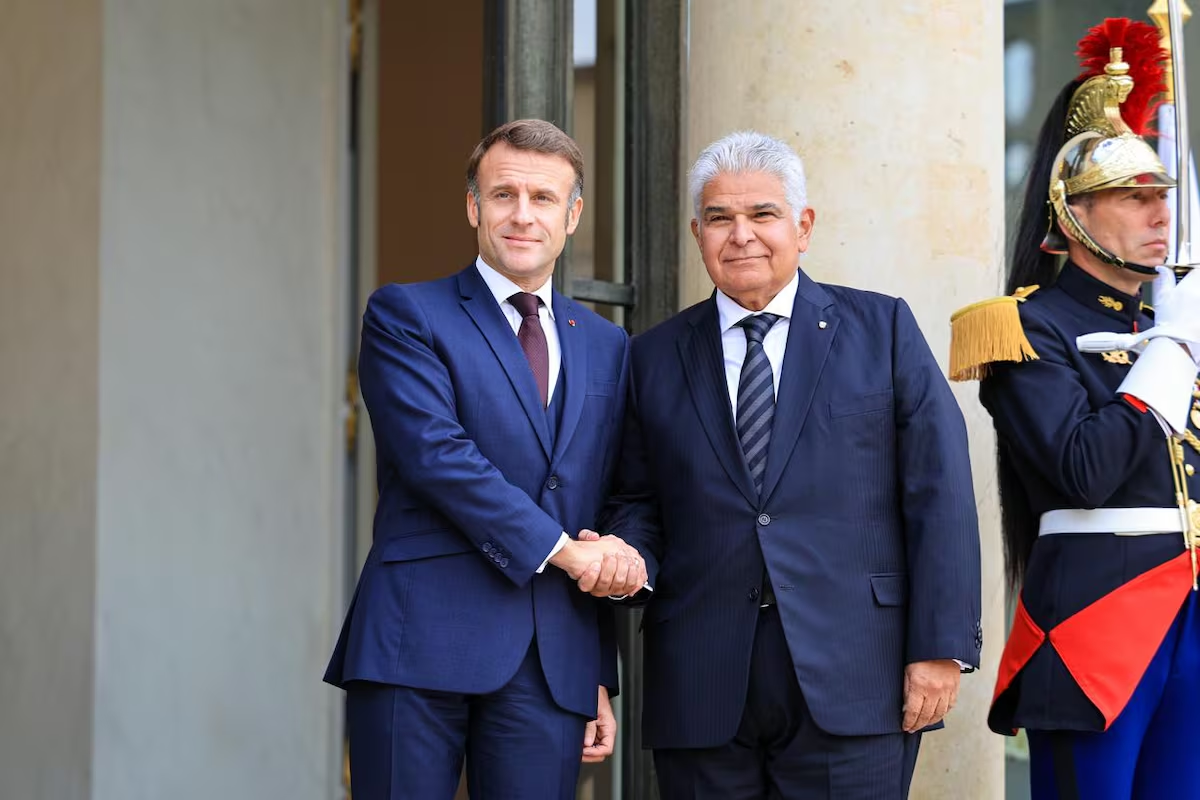
French banker and politician, Macron was elected president of France in 2017. France’s youngest head of state since Napoleon I, he made history again in 2022 when he became the first French president in two decades to win a second term. As president of France, he also serves ex officio as one of the two co-princes of Andorra.
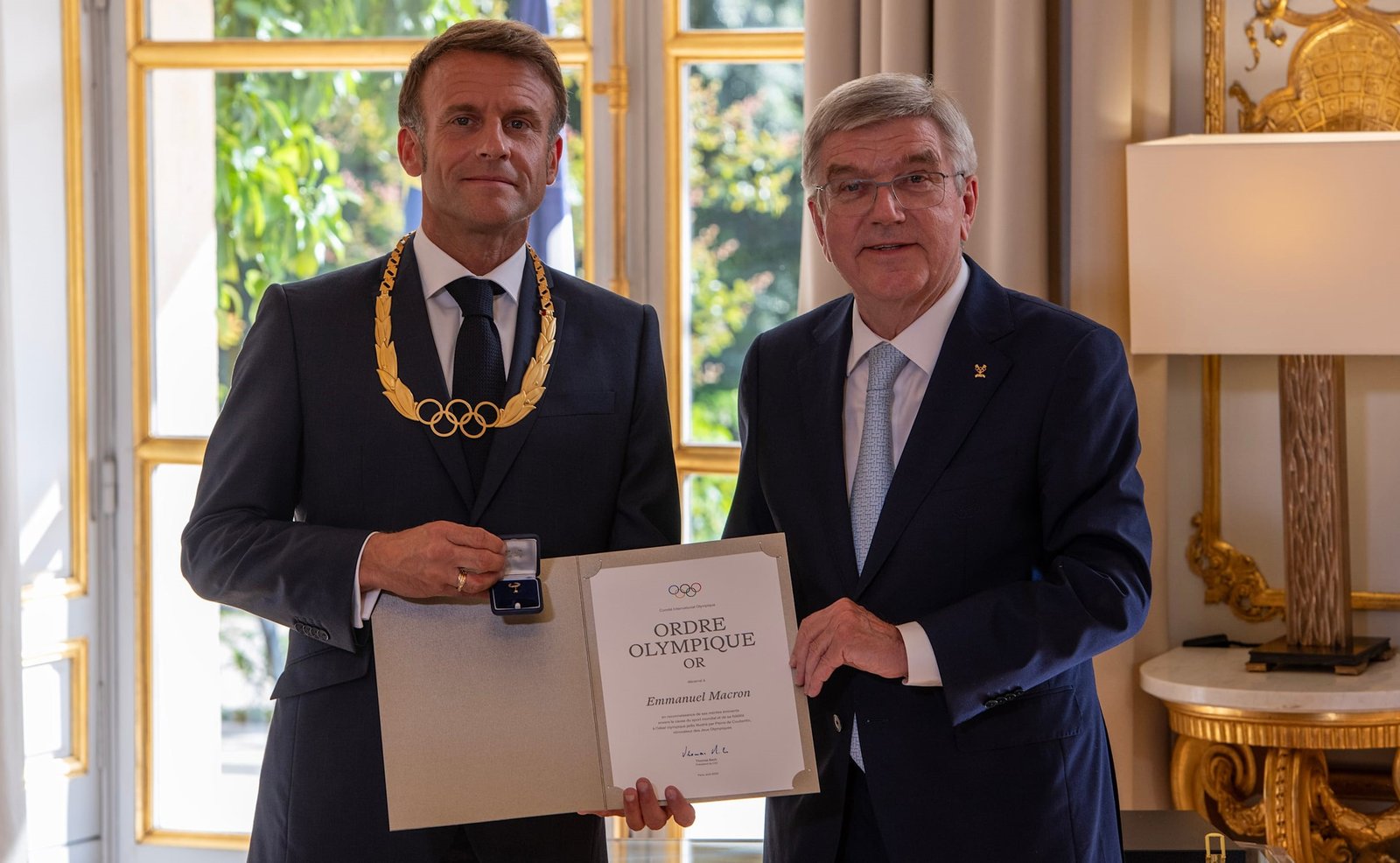
Born on December 21, 1977 in Amiens, France, he is the eldest of three siblings born to a politically liberal family of doctors. Attending a private lycée (secondary school) in Amiens, he proved to be an exceptionally gifted student. Completing his baccalauréat at the prestigious Lycée Henri-IV in Paris, he went on to study international policy and public service at the Grande École Sciences Po. This period also saw him serve as philosopher and historian Paul Ricoeur’s editorial assistant. He went on to earn two master’s degrees respectively in public policy from Sciences Po as well as philosophy from Paris Nanterre University in 2001. Three years later, he graduated near the top of his class from the prestigious École Nationale d’Administration (ENA). The school, known as the Path to Political Power, counts among its alumni French presidents Valéry Giscard d’Estaing, Jacques Chirac, and François Hollande.
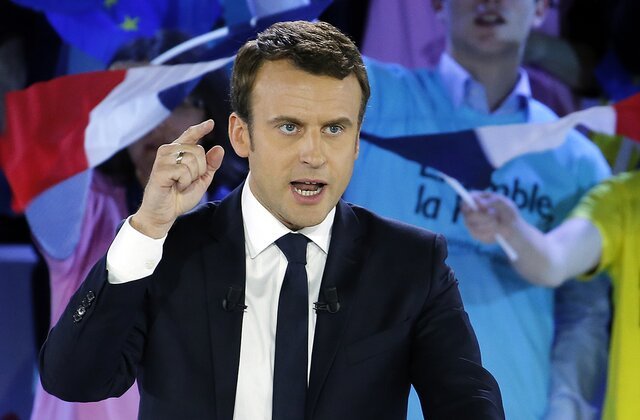
In 2004, Macron’s public service career began as a finance inspector for the French Ministry of Economy and Finance. Four years later, in a move that was seen by friends as a potential risk to future political ambitions, he bought out his government contract for €50,000 (approximately $70,000) and entered the private sector. He joined Rothschild & Cie Banque, the French division of the international Rothschild financial group, as an investment banker in September 2008. In 2012, he reportedly earned €2.9 million (about $3.8 million) for his role in brokering Nestlé’s $12 billion acquisition of Pfizer’s baby food division. He began working with Hollande as the latter campaigned for the Socialist Party’s nomination for president ahead of the 2012 election, while still at Rothschild.
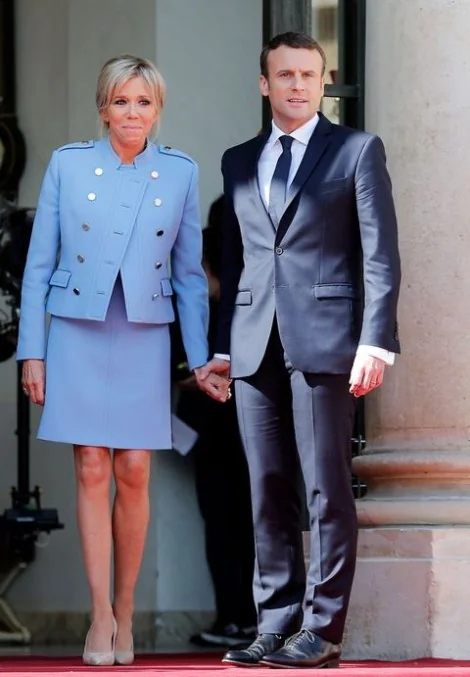
Macron would go on to join Hollande’s administration as a deputy chief of staff and economic adviser after the latter became president. Becoming known for representing his country at international summits, he was elevated to the position of finance minister in 2014. As FM, in an attempt to revitalise the declining economy, he promoted a package of reforms known as the loi Macron (“Macron law”). However, the legislation saw the left wing of the Socialist Party rise in revolt and the bill was only passed after PM Manuel Valls invoked Article 49 of the French constitution. Loi Macron was enacted, following which some professions were deregulated and certain restrictions loosened.

Running For President

France’s dismal economic performance and Europe’s migrant crisis saw Macron grow apart from Hollande whose approval ratings were sinking. Delaying his break from the Socialist government on account of the Paris terrorist attacks of 2015, the following year Macron announced the creation of a popular movement En Marche (Forward!), which he described as a ‘democratic revolution’ against a sclerotic political system. He proposed a center-left fusion of populism and neoliberalism.
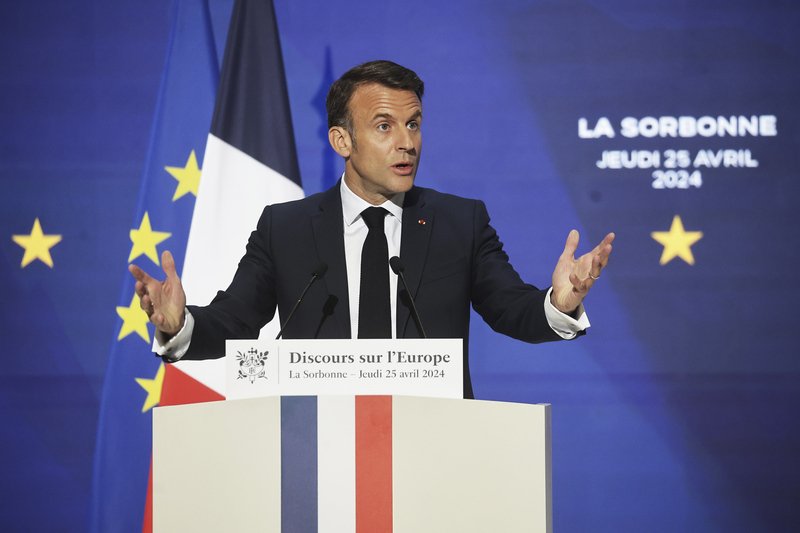
Submitting his resignation on August 30, 2016, he formally declared his candidacy for president in November that year. In April 2017, when French voters voted in the first round of the presidential election, Macron captured 24% of the vote, topping a field of 11 candidates. The second round in May 2017 saw him win an impressive two-thirds of the vote, becoming France’s youngest president at age 39. Young and charismatic, he soon came to attention on the world stage, with his influence growing internationally. His popularity surged domestically in 2019 during the fundraising campaign he had launched for the repair and rebuilding of the Notre-Dame Cathedral which had been severely damaged in a fire.
While his agenda had included curbs on government spending, the COVID-19 pandemic saw him put aside these measures in a largely effective response to the pandemic, ensuring a high vaccination rate and job retention scheme that avoided the pitfalls of high death rates and lingering unemployment faced by many countries.
A Second Term

In the 2022 election, Macron defeated for the second consecutive time his far-right rival Marine Le Pen in the runoff of the presidential election. He secured a second term with more than 58% of the vote.
In the course of his presidency, Macron has overseen several reforms to labour laws, taxation, and pensions and has also pursued a renewable energy transition. Under Macron, unemployment fell from over 10% to 7.5% while France has been ranked the most attractive European country for foreign investment in recent years. In foreign policy, he had called for reforms to the European Union (EU). Besides signing bilateral treaties with Italy and Germany, he also conducted €40 billion in trade and business agreements with China during the China–United States trade war. He also oversaw a dispute with Australia and the United States over the AUKUS security pact. He has continued Opération Chammal in the war against the Islamic State. Continuing to occupy a prominent place on the European stage, he joined in the international condemnation of the Russian invasion of Ukraine and acted as a mediator between Moscow and Kyiv in the ongoing invasion.
Finding His Anchor
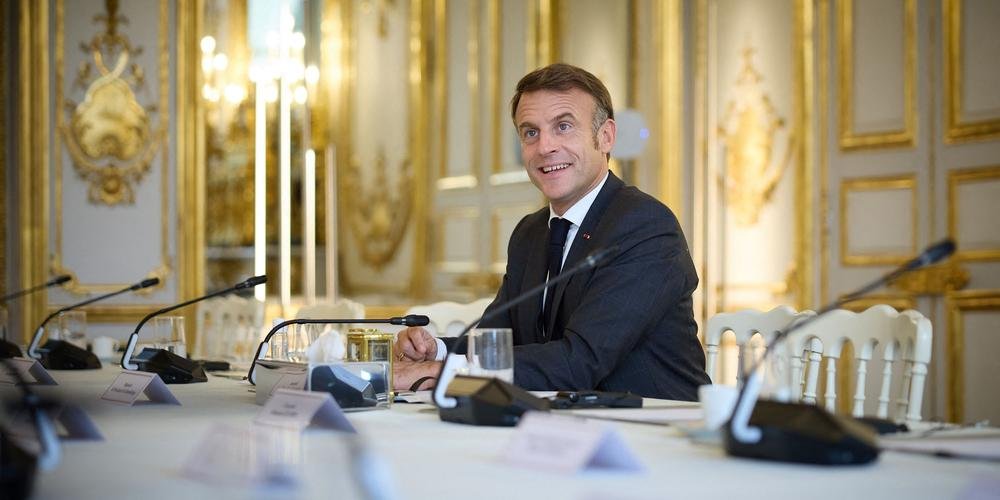
A man of diverse interests, Macron plays the piano which he studied for 10 years in his youth; he has a fondness for the compositions of Robert Schumann and Franz Liszt. He enjoys skiing, playing tennis and boxing. A fan of football, he supports the French club Olympique de Marseille. Besides his native French, he also speaks fluent English.
On the personal front, in 2007, Macron married Brigitte Trogneux, a former drama teacher, who is close to 25 years his senior. Calling his wife his “anchor,” he told ‘CNN’, “For me, it’s very important for my personal balance to have somebody at home telling you the truth every day. Access to truth is one of the main challenges. Somebody with her deep convictions and knowing you for what you are and loving you for what you are — not for what you represent or your role or your honors… That is very important to me. That is my anchor.”

Brigitte is considered to have played a pivotal role in Macron’s 2017 presidential campaign, also helping him develop skills like public speaking.
Now married for 17 years, Brigitte said of her husband Macron, “It comforts me when Emmanuel is by my side. I wouldn’t want to speak for him, but I’m pretty sure he feels the same way. We’re just like any other couple. We agree, we disagree. We argue, we stop arguing. It’s very fluid.”

Adding that she used to be a “big worrier” before she married Emmanuel, she has shared that since they got together, they both have ceased worrying as much. “A bit like the Platonic idea that you meet your better half and you fit together,” she said. “Given our age difference, that fit wasn’t so obvious for us, but we fit.”
She also shared that before their wedding reception, Macron thanked her children for supporting their relationship, saying, “Thanks for accepting us, a not-quite-normal couple.” Macron’s penchant for peacekeeping is clearly not limited to his role as President of France.
